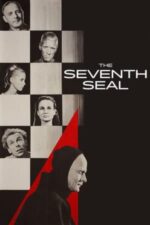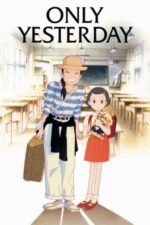The Quiet Power of Place: When Cinema Finds Solace (and Trouble) in the Countryside
Isn't there just something inherently cinematic about the countryside? I mean, think about it – vast landscapes, a sense of isolation, the feeling that anything could happen… It’s fertile ground for storytelling, literally and figuratively. We often associate cities with drama and conflict, but the seemingly tranquil countryside can be just as potent, sometimes even more so because its stillness amplifies what happens within it.
What I find fascinating is how filmmakers use rural settings to explore different facets of the human experience. Take "Ghabe," for example. The Swedish forest isn't just a backdrop; it’s a balm for a refugee carrying unimaginable trauma. That majestic landscape, that quiet solitude – it becomes an active participant in his healing process. It echoes how nature has always been portrayed as restorative, a place to reconnect with something bigger than ourselves. Remember the Shire in Lord of the Rings? Same principle, just on a grander scale!
But the countryside isn't always about peace and quiet. "Abduct" throws that notion completely out the window. The secluded mountain retreat, meant for escape, becomes the stage for psychological disorientation and unsettling mystery. It’s brilliant how the film uses the isolation to heighten the tension; you feel trapped alongside the protagonist, questioning everything she sees and believes. It's a clever subversion of the idyllic countryside trope – proving that even paradise can hide darkness.
Then there's "Caravan," which beautifully illustrates how the countryside can offer freedom and connection. Ester’s journey to southern Italy isn’t just about escaping motherhood; it’s about finding a new kind of family, a sense of belonging in an unexpected place. It reminds me a little of Under the Tuscan Sun, but with a more grounded emotional core. And "Pabrik Gula" – wow! That film takes the idea of rural isolation and twists it into something genuinely terrifying. The sugarcane fields aren’t just picturesque; they're a gateway to a demonic realm, highlighting how even seemingly innocent landscapes can conceal ancient horrors.
Finally, “Autour d’un piano” offers a more contemplative take. The construction of a house alongside the dedication to Beethoven’s variations creates this beautiful juxtaposition – the tangible and the timeless, the creation of something new against the backdrop of enduring art. It's a reminder that even in rural settings, human creativity and connection can flourish.
Ultimately, these films demonstrate that the countryside isn't just scenery; it's a character in its own right. It’s a place where secrets are buried, healing is possible, and the line between reality and illusion often blurs. It’s a space ripe for exploration – and I think each of these films offers something unique to that conversation. What countryside film has you feeling most captivated?






































